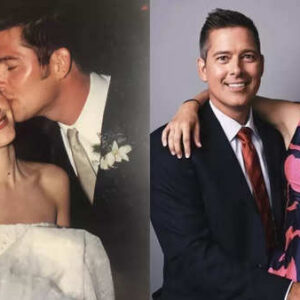“Don’t play the victim here!” – Ana Navarro snapped at Joy Behar, leaving the whole studio stunned. What really happened?
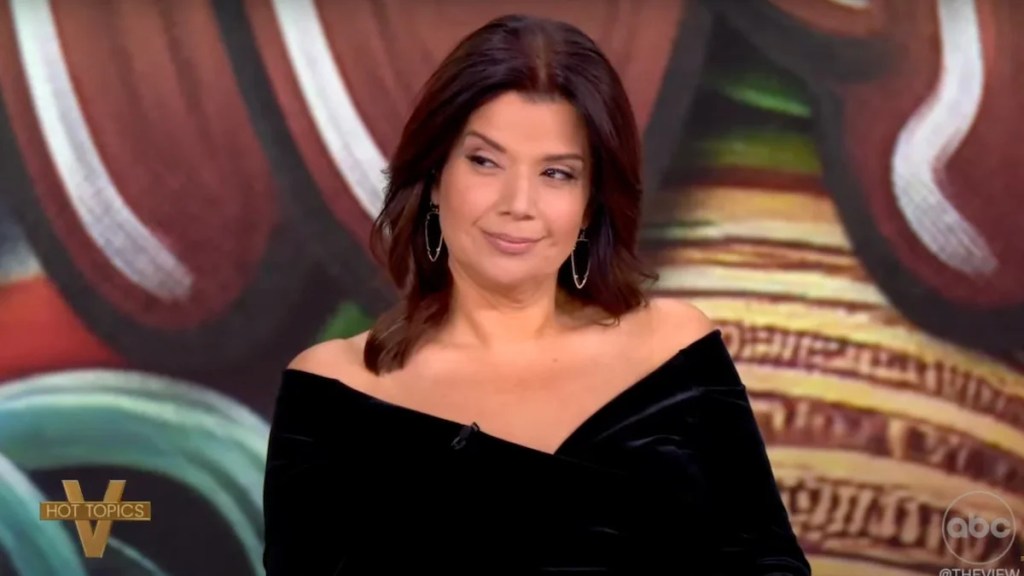
In a recent episode of the talk show, viewers were left in disbelief as Ana Navarro sharply confronted Joy Behar, declaring, “Don’t play the victim here!” This unexpected remark resonated throughout the studio, creating an atmosphere of palpable tension among the audience and fellow co-hosts. The incident highlighted the complex dynamics that often play out among the show’s panelists and provided a gripping insight into their evolving relationships.
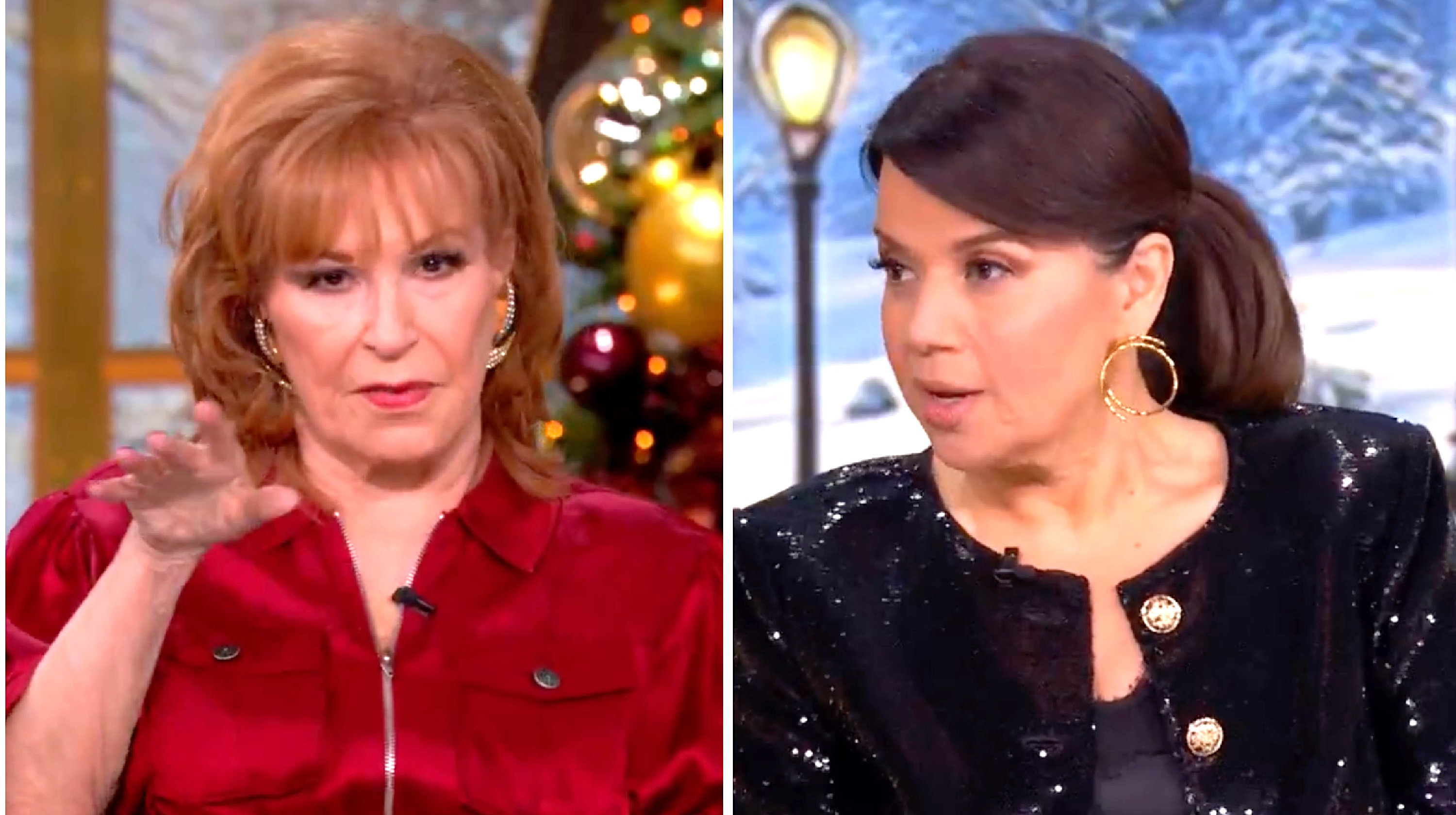
This surprising exchange did not merely arise from a casual debate; instead, it reflected deeper disagreements and contrasting perspectives held by two prominent figures in television. Ana Navarro, known for her candidly outspoken views, and Joy Behar, who has been a longtime voice of reason on the panel, clashed in a manner that likely left fans questioning the state of their camaraderie.
Anatomy of the Confrontation
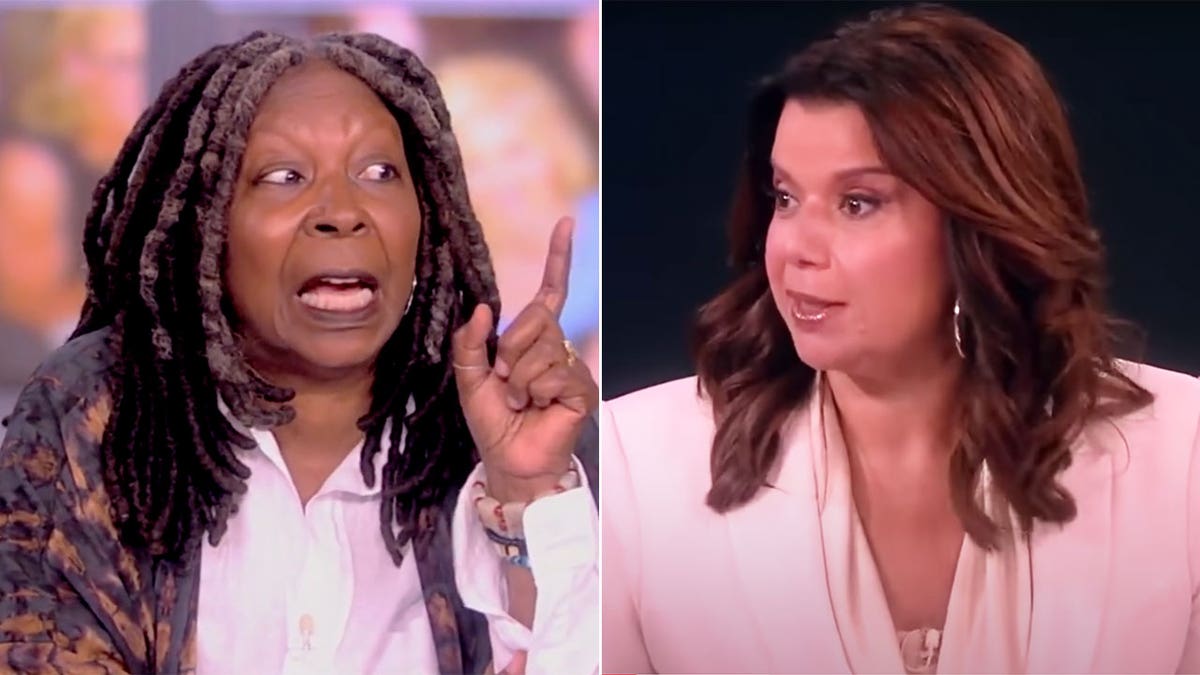
To fully grasp the weight of Navarro’s statement, it’s essential to understand the context surrounding it. The episode revolved around pressing social topics that can provoke strong opinions and emotions. As often is the case in these discussions, Behar had expressed a viewpoint that elicited a passionate response from Navarro, leading to the explosive confrontation.
Ana’s choice of words echoed sentiments that many viewers may have felt but seldom articulated in such a confrontational manner. By publicly challenging Behar and calling her out for what she perceived as a victim mentality, Navarro not only asserted her own perspective but also highlighted the sometimes volatile nature of public discourse. This moment exemplified how discussions on sensitive subjects can ignite fierce debates in the blink of an eye, particularly on a live platform.
The Impact on Viewers

For the audience observing from home, such confrontations can evoke a range of emotions—shock, amusement, and even relief at seeing real, unfiltered interactions between hosts. Many viewers enjoy the authenticity that comes with live television, and Navarro’s outburst provided a stark reminder that these discussions are not merely scripted exchanges but rather genuine reflections of passionate opinions.
Even social media buzzed with reactions, with fans weighing in on who they felt was in the right or wrong. The hashtag associated with the episode quickly trended, underscoring how powerful televised moments can stir conversations beyond the show itself. This incident not only drew attention to the show but also prompted discussions about the broader societal issues at play.
Underlying Themes in Their Exchange
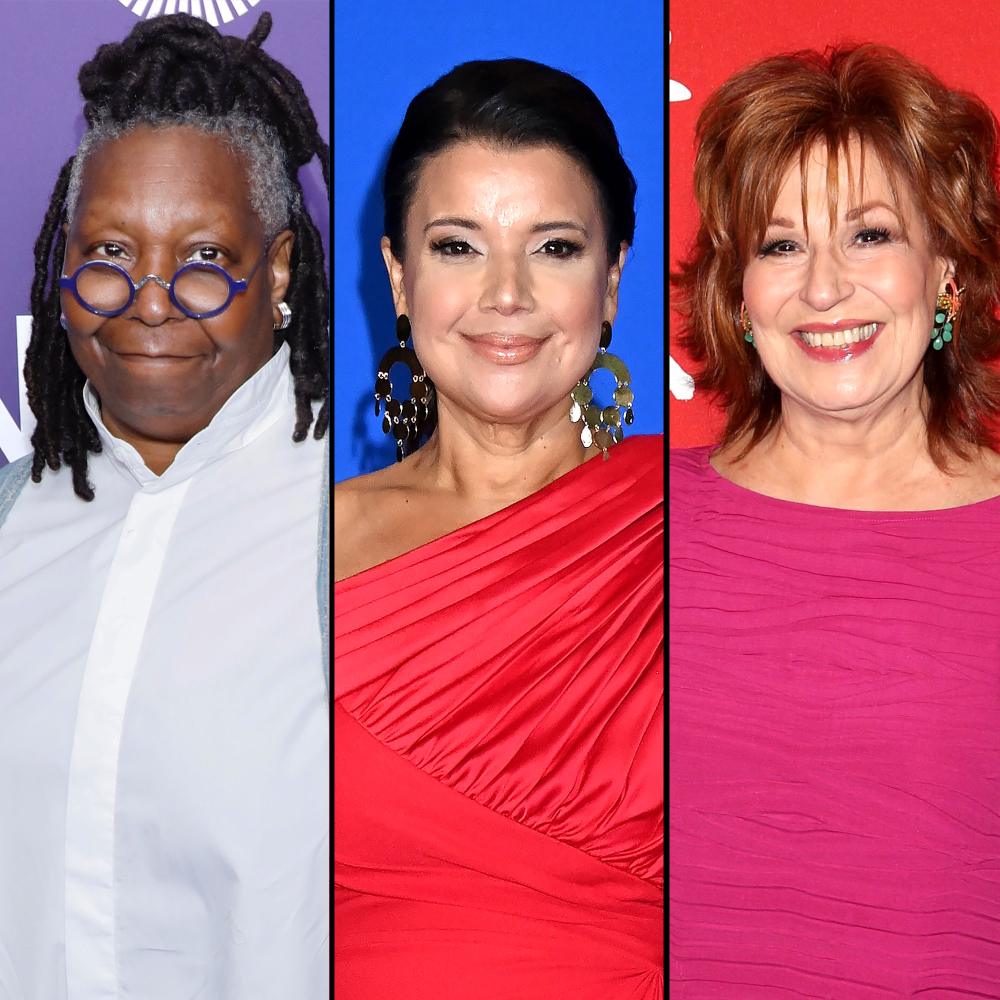
While the confrontation between Navarro and Behar captured immediate attention, it also revealed more profound themes about personal accountability, victimhood, and resilience within societal discussions. The interplay between two distinct viewpoints allowed for a rich exploration of how narratives are constructed in public forums and the importance of standing firm in one’s beliefs.
Navarro’s insistence that Behar should not adopt a victim stance resonated with many viewers who advocate for pro-active ownership of one’s circumstances, challenging traditional notions of victimhood and encouraging empowerment instead. This broader dialogue that emerged from their exchange is essential, as it provokes thought and inspires audiences to reflect on their beliefs regarding accountability and interpersonal conflicts.
Furthermore, such moments in live television elaborate on the sense of urgency and unpredictability that comes with broadcasting. Unrehearsed reactions often lead to genuine conflict which can elicit newfound perspectives for the audience, making episodes memorable and deeply impactful. The shockwave caused by Navarro’s assertion was a testament to how honest dialogue can spark essential conversations.
Conclusion
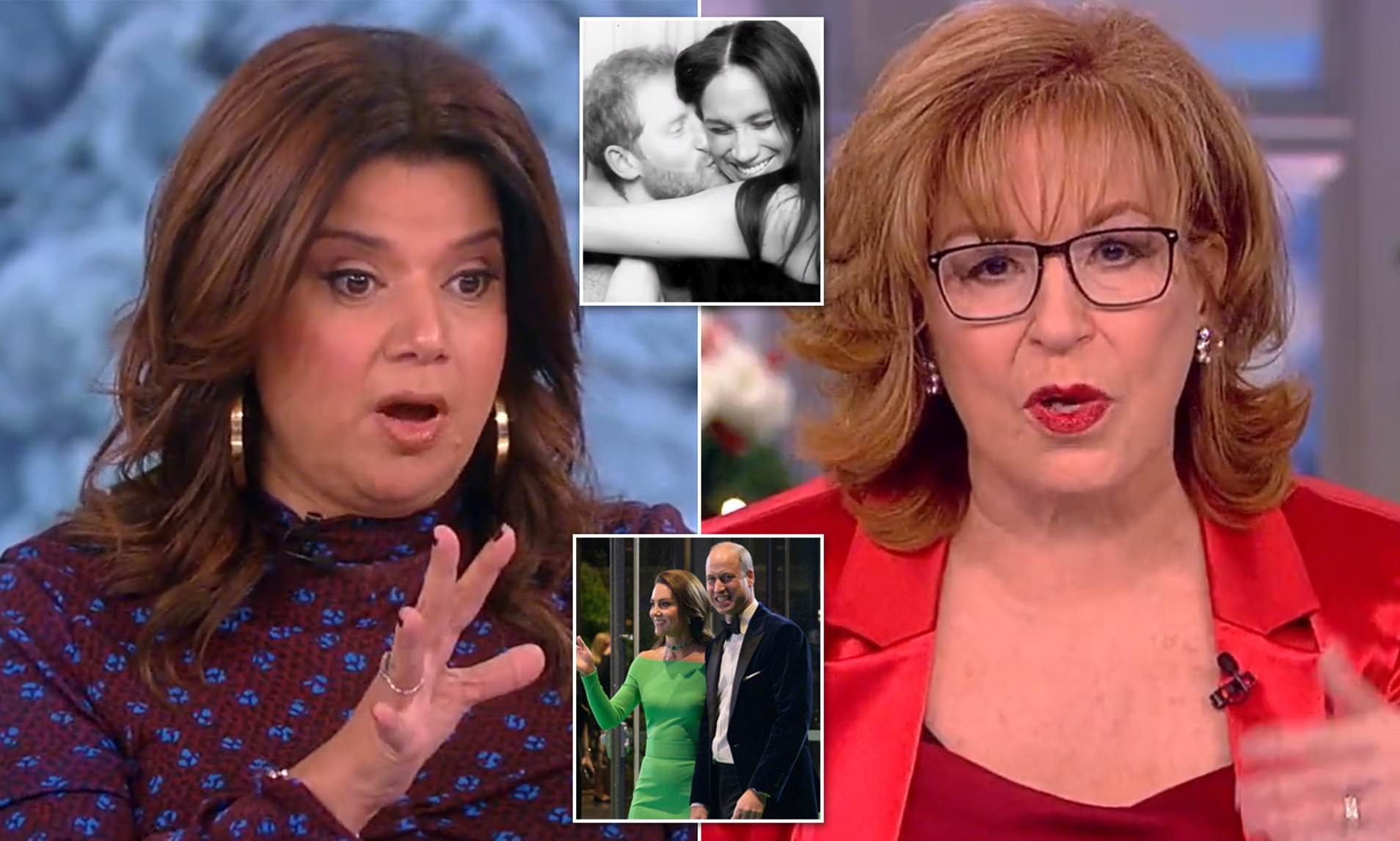
In summary, the clash between Ana Navarro and Joy Behar unfolded as a significant moment in the episode, leaving an indelible mark on viewers and igniting discussions around victimhood and accountability. This exchange serves as a reminder of the power of live television to portray raw human emotions and the complex relationships that narrate our social issues. For those wanting to stay informed about the evolving dynamics in talk shows, keeping an eye on future episodes and discussions is crucial. Engage with us and share your thoughts on the latest conversations – your voice matters!


